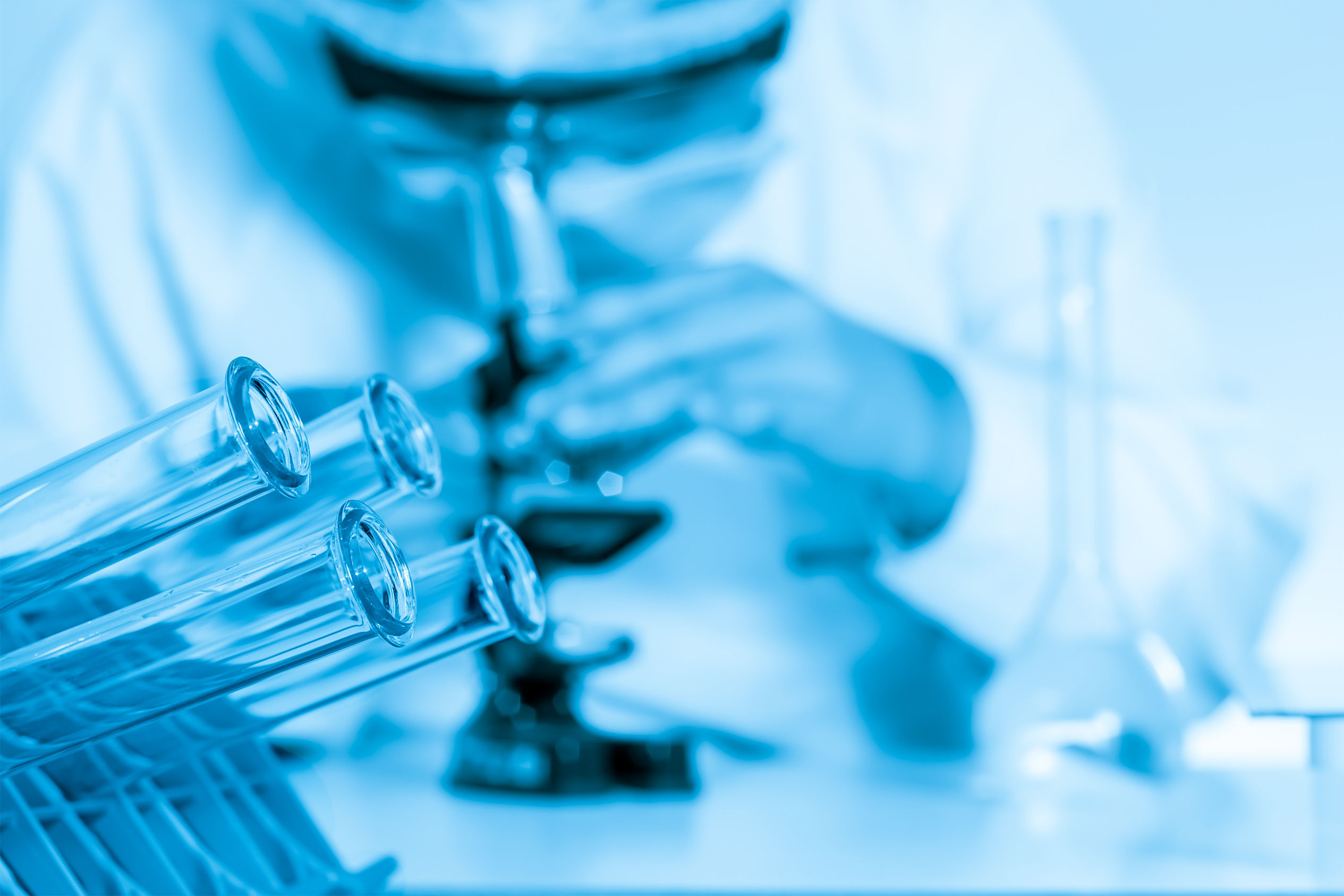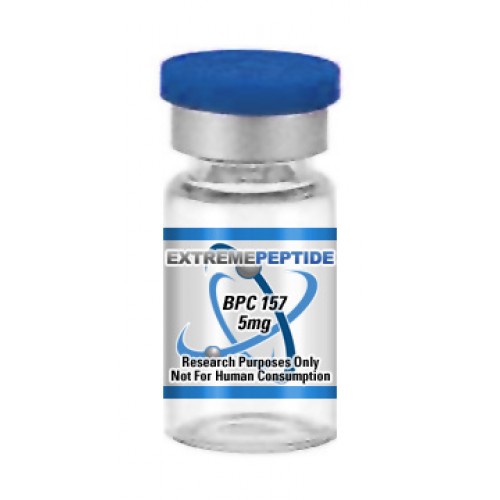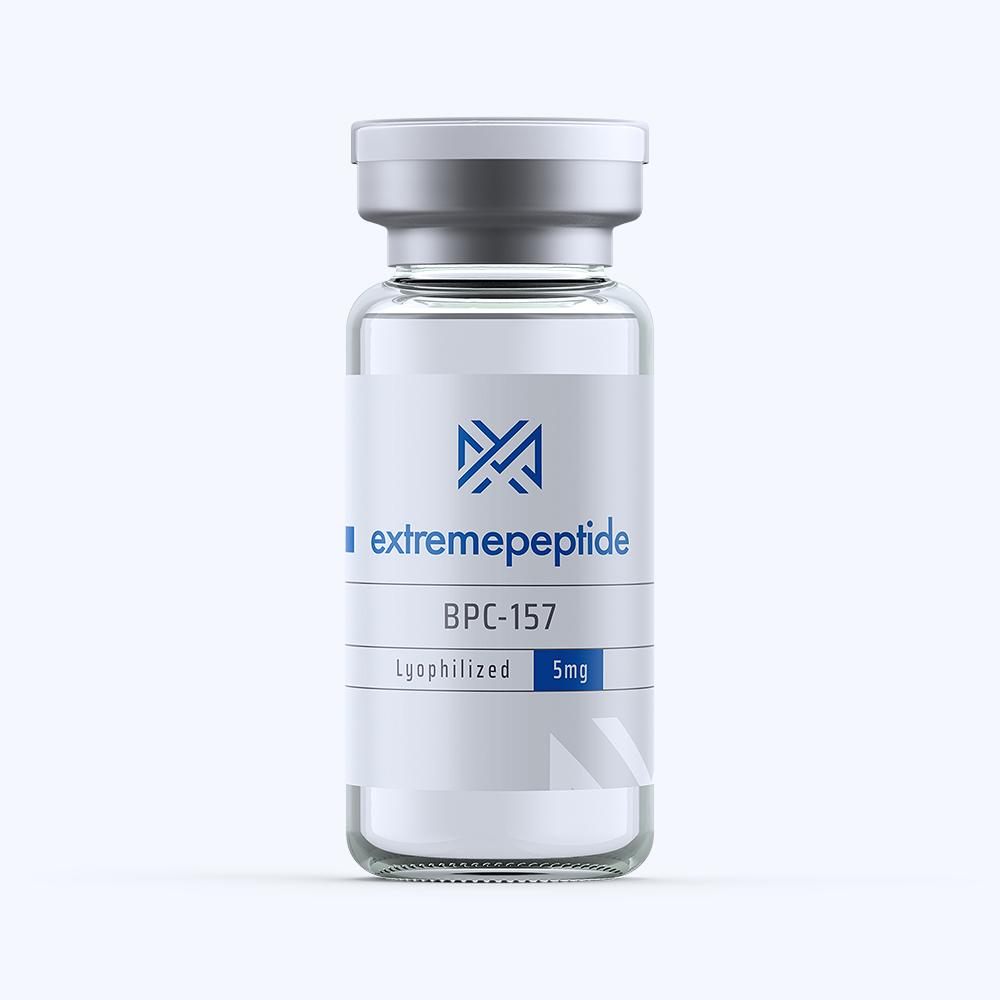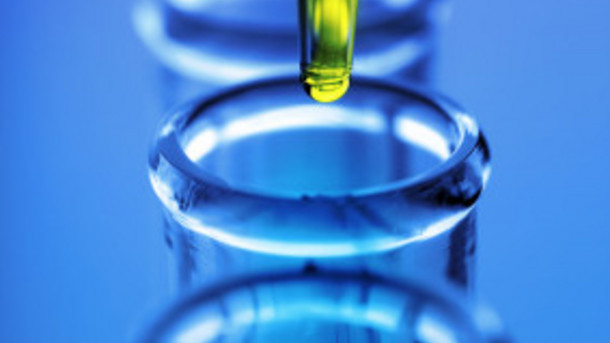Many companies claim to have “the best” or “highest quality” peptides. See how to determine the gimmicks from the reality.
There are two ways, choose for yourself which one you think is more effective. The first would be trial and error. Unfortunately a lot of our clients have had to learn hard lessons from shopping around. We don’t want to lure you in with clever sales gimmicks or catchy marketing headlines, we simply let the numbers speak for themselves. Extreme Peptides has gone to great lengths to ensure that our manufactures adhere to the strictest quality control standards by holding them accountable to third party testing. For this reason we have been with the same manufacturer for 2 years running, and not a single “blip” in our quality control systems. Can you afford to base your research on the recommendation of the latest unknown review site likely to be an advertising platform or a bias affiliate?
Our preferred method is data. As mentioned earlier, we have hired reputable chemical laboratories not affiliated with our suppliers to rigorously test our peptides and chemicals.
Click here to view the test results we have profiled on our most popular products. We use several sources for quality testing. Check back for more testing shortly.
We define peptide purity as follows:
There can be significant variations in the composition of peptides. So how do you know if a peptide is ‘pure’ or not? Purity can have many meanings, but in this setting we are talking about chemical purity, defined as the degree to which a substance is undiluted or unmixed with extraneous material. This measurement is typically expressed as a percentage. For example, if the percentage is 100%, no other chemicals or compounds are present. If the percentage is 50%, about half of the peptide’s composition is diluted with other substances.
As the world’s most popular purveyor of research peptides and chemicals, purity is a big deal to Extreme Peptide. We hope to portray our commitment to peptide purity with this brief explanation on how to digest our quality control tests.
The tests we use explained:
(HPLC test)
This is a chemical test known as an HPLC, which stands for high performance liquid chromatography.
HPLC is a technique used to separate the components in a mixture. In short, it’s a test that will tell you if the mixture has any contaminates. Simply stated, we refer to it as the “Pure / Not Pure” test. An HPLC test should only have 1 “spike” on its graph. This indicates that the only compound present in the compound is the compound we tested in the Mass Spec test. Additional “spikes” shown by the HPLC indicate contaminates or other unwanted compounds present. For a more detailed description click the link provided. (Link to wiki page or ep page with lengthy description of this type of test)
(Mass Spec test)
This is a chemical test known as the Mass Spectrometry (commonly referred to as a Mass Spec). Mass Spec is a technique used to determine the elemental or isotopic structure of a sample. We call it the “Is it what its supposed to be” test. With Mass Spec we can tell if a given sample has the molecular signature it is supposed to have. The “spike” or “spikes” shown on a Mass Spec indicate the purity level of the compound being tested. With the Mass Spec test you want to see one “spike” within the 95%-100% range. This indicates that the compound has no other properties and that it is a pure form of the compound being tested. If two or more “spikes” are shown the compound has been contaminated.
*Our products are for scientific research purposes only. (Click here to read our disclaimer)
Click here to view the test results we have profiled on our most popular products.
Click here to view the homepage of our store
Click here to view our entire PDF research library




